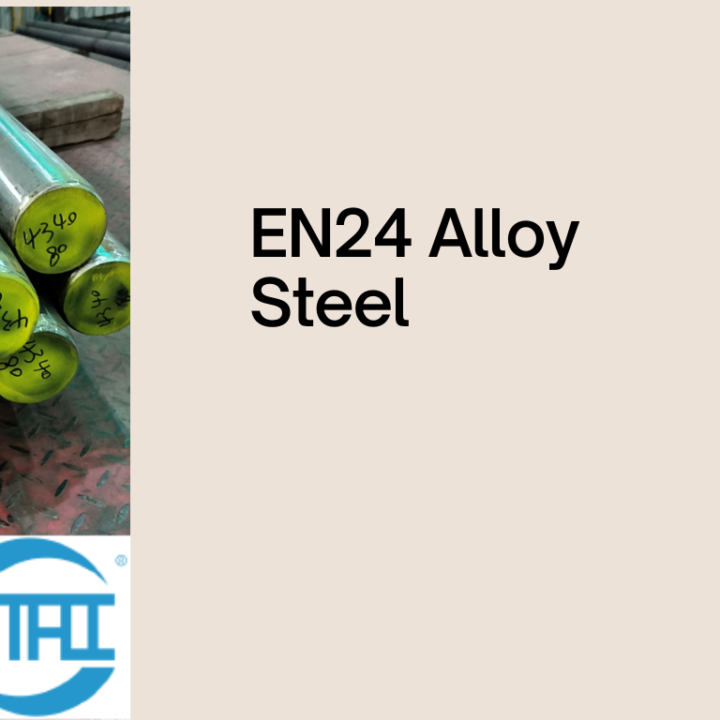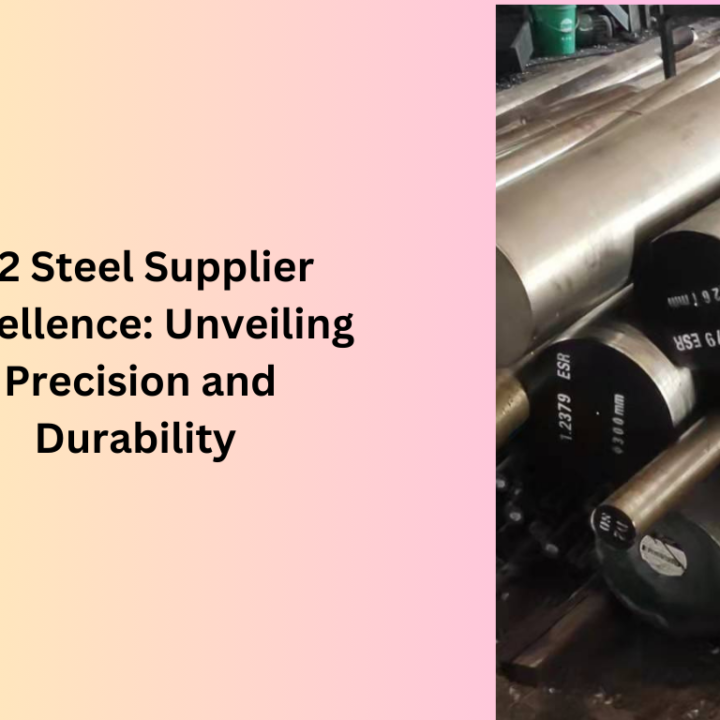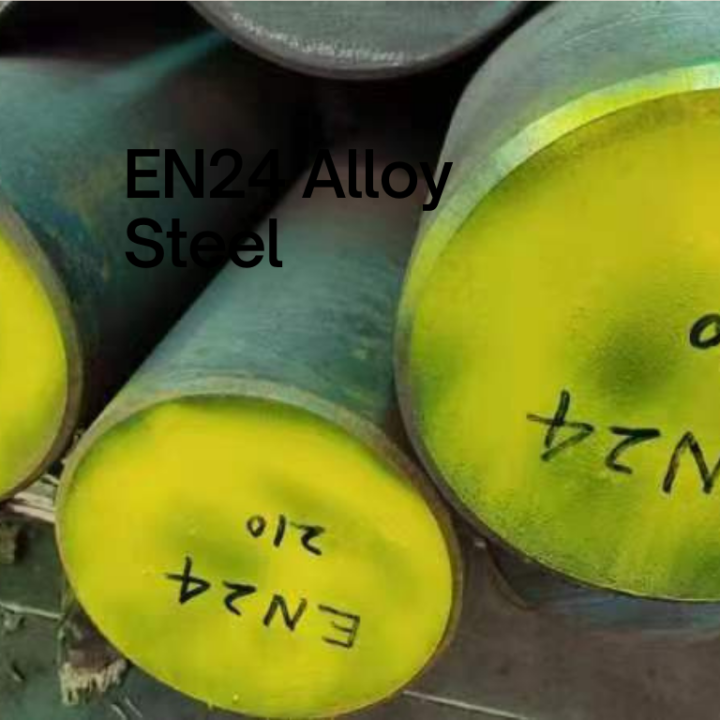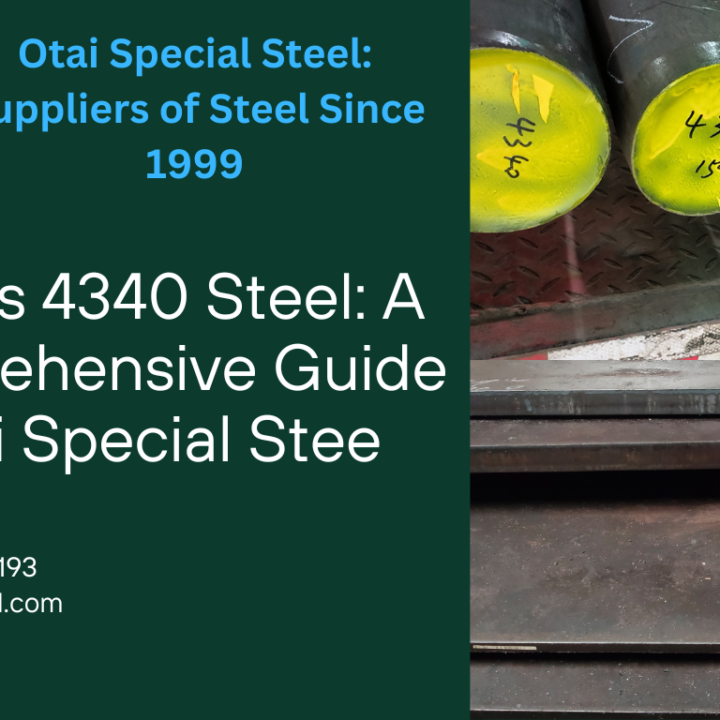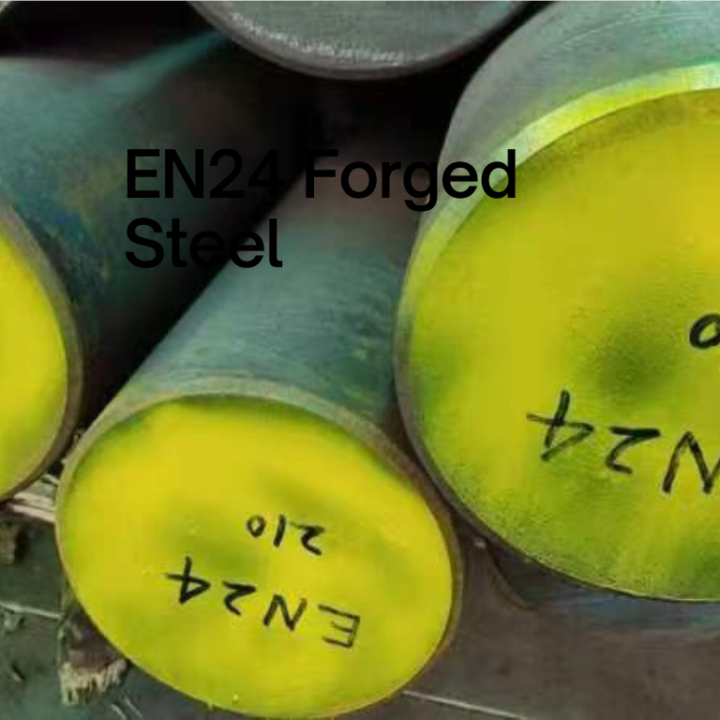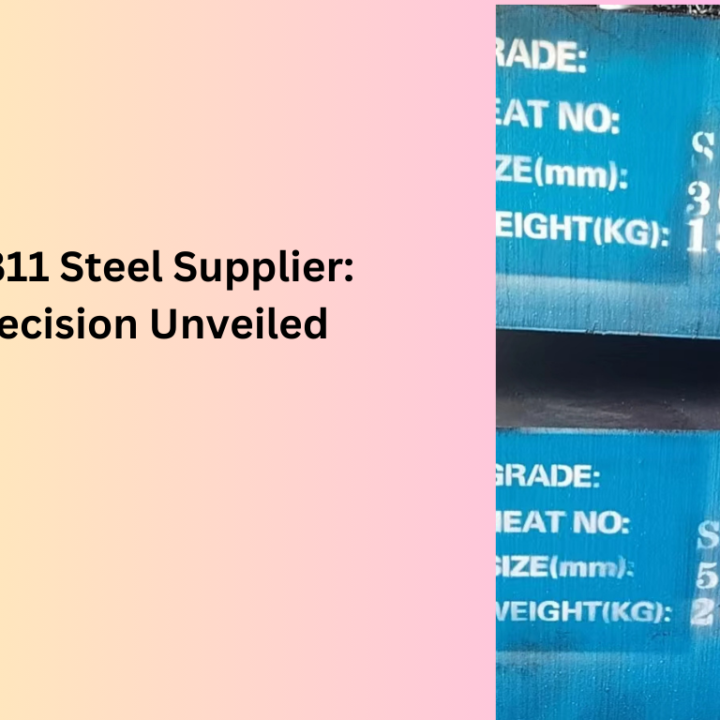Deal to unload £15bn pension liability clears Britain’s biggest steelmaker for tie-up.

A worker outside the main entrance to the steel works operated by Tata Steel in Port Talbot, UK © Bloomberg
A deal to merge the European steel operations of Tata Steel and ThyssenKrupp could be struck this month, after Tata removed a significant obstacle by offloading its UK retirement fund.
The Indian group announced on Monday that it had ditched the £15bn ($19.8bn) British Steel Pension Scheme (BSPS), which it had argued threatened the survival of its UK business, upon receiving approval from regulators.
Tata Steel in August agreed a deal to restructure its 130,000-member British pension fund after nearly a year of negotiations.
As well as a liability for Britain’s largest steelmaker, the pension scheme was a stumbling block to a merger since the two companies announced they were in talks over a joint venture more than a year ago.
ThyssenKrupp said on Monday those negotiations were “well on the way” and that “an agreement could be possible before the end of this month”.
It added that, as its executive board was “discussing strategic options”, a supervisory board meeting scheduled for September 12 had been postponed.
“There are small details to clarify but nothing that would derail the deal,” said a person familiar with the situation. A ThyssenKrupp supervisory board meeting is now expected for September 23 or 24.
A detailed memorandum of understanding would be the next likely step, followed by due diligence and then signing of a final deal, said the person.
“In response to the statement issued by the ThyssenKrupp AG regarding its board meeting, Tata Steel would like to clarify that it continues to be in strategic discussions with ThyssenKrupp,” said a Tata Steel spokesman.
“Most of it has been agreed,” said another person briefed on the talks. The enlarged entity would have two joint leaders, one from each company, they added, while the board of Tata Sons, the holding company of the Indian conglomerate, must also approve the deal.
A merger would create Europe’s second-largest steelmaker behind only ArcelorMittal and represent a major consolidation move in a sector plagued by overcapacity.
ThyssenKrupp wants to exit steelmaking to concentrate on more lucrative capital goods, such as elevators and components for industry. But its labour unions have been unenthused about a steel combination with Tata, fearful of job losses.
“There are no real alternatives,” said Ingo Speich, portfolio manager at Union Investment.
He said a German solution such as a joint venture with Salzgitter would not solve overcapacity problems, whereas a Europe-wide deal with Tata makes strategic sense.
“The earlier the agreement comes the better it is,” he added. “This insecurity has been bad for the [ThyssenKrupp] share price.”
Activist investor Cevian Capital would prefer ThyssenKrupp spin off its steel unit first before entering a joint venture, said a person with knowledge of the matter.
Tata’s separation of its UK pension scheme was affected through a rarely used mechanism called a regulated apportionment arrangement (RAA), requiring regulators’ consent.
The UK steelmaker said it had approval from regulators and the trustees of the BSPS to offload the scheme into the Pension Protection Fund, the government’s pensions lifeboat. In return, Tata agreed to inject £550m into the old scheme along with a one-third equity stake in Tata Steel UK.
The company will also sponsor a new pension scheme, which all members of the old scheme will have the option to transfer into, but with lower future annual increases for pensioners.
Source: FINANCIAL TIMES
